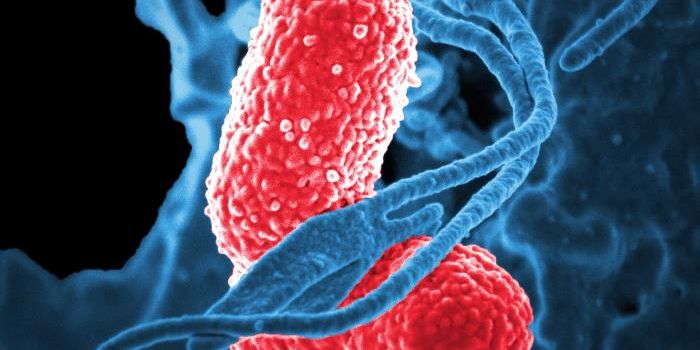Vitamin K May Have a Central Role in Type 2 Diabetes
It's been thought that type 2 diabetes develops when the body becomes resistant to the effects of insulin, causing the beta cells of the pancreas that generate insulin to be exhausted as they produce more and more insulin in an attempt to control blood sugar levels. But recent research has suggested that type 2 diabetes may have more to do with an excessive and uncontrolled release of insulin by beta cells, and this may be the cause of insulin resistance.
Vitamin K deficiency has been linked to the development of type 2 diabetes, a disease in which insulin is no longer able to properly regulate blood sugar. Type 2 diabetes is seen at high levels in countries where people tend to consume a Western diet that is high in sugars, fats, and processed foods. The consumption of processed foods is also associated with a deficiency in micronutrients, like vitamin K. Studies have also shown that about 40 percent of people who are morbidly obese are deficient in vitamin K. Diabetic patients who have been given vitamin K supplements have shown an improved ability to keep blood sugar in the healthy range.
There are many natural sources of vitamin K, including broccoli, cabbage, and Brussels sprouts, and leafy greens like spinach or collard greens.
Researchers have now learned more about how vitamin K may prevent diabetes, and how vitamin K supplements may help diabetic patients. The findings have been published in Cell Reports.
Vitamin K is known to play a role in blood clotting, and is crucial to a biochemical process called gamma-carboxylation, which is essential to clotting. This study has shown that vitamin K and gamma-carboxylation are also important to beta cells; vitamin K-dependent carboxylation appears to regulate the release of insulin caused by glucose.
In a mouse model, the researchers found that when gamma-carboxylation was not functional in beta cells, the mice were no longer able to release the proper amount of insulin. When human cells were exposed to glucose, the activity of gamma-carboxylase increased as insulin was released.
The researchers wanted to identify the protein that was impacted by gamma-carboxylation in order to reveal how vitamin K maintains the function of beta cells, said associate research professor of medicine Mathieu Ferron of the Université de Montréal.
The study identified a new gamma-carboxylated protein known as endoplasmic reticulum Gla protein (ERGP). "Our study shows that this protein plays an important role in maintaining physiological levels of calcium in beta cells in order to prevent a disturbance of insulin secretion," explained first study author Julie Lacombe, a researcher in the Ferron lab. "Finally, we show that vitamin K through gamma-carboxylation is essential for ERGP to perform its role."
Sources: University of Montreal, Cell Reports
-
APR 30, 2024Immuno-Oncology Virtual Event Series 2024
-
MAY 07, 20243rd International Biosecurity Virtual Symposium
-
SEP 03, 2024Microbiology Week Virtual Event Series 2024
- See More


















































